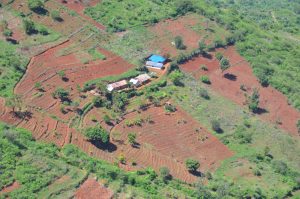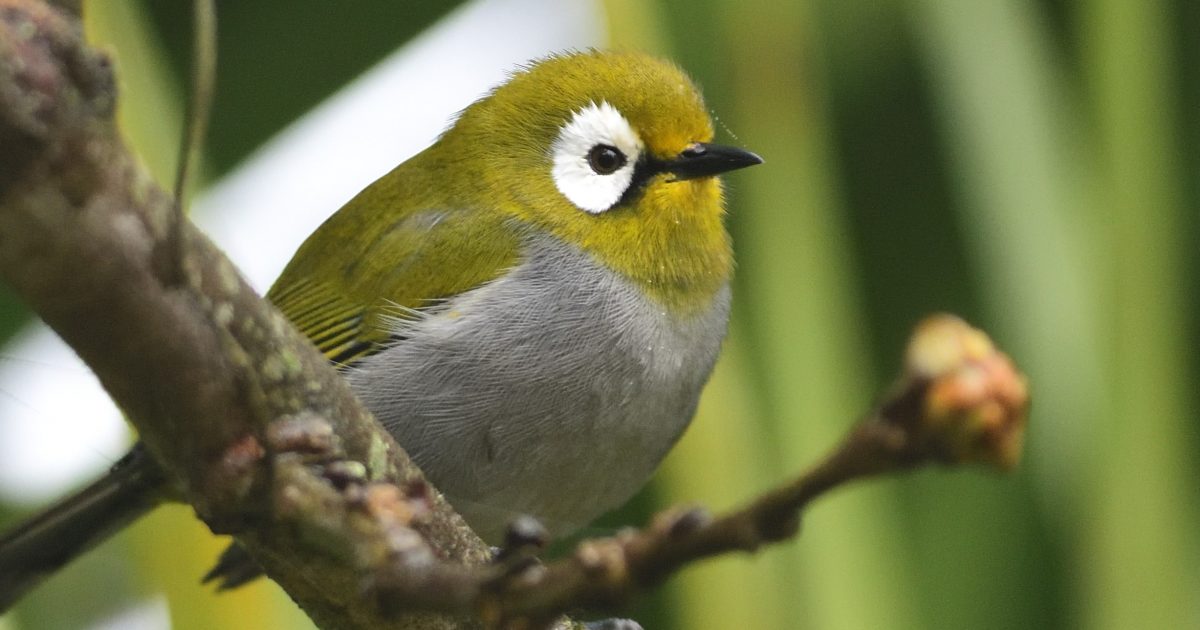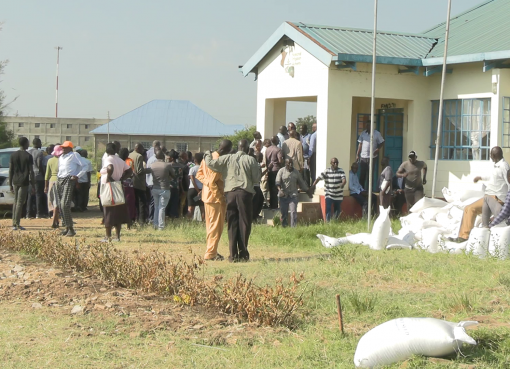Taita Taveta County is famous for its beautiful scenery. From gigantic rock boulders in the highlands to a series of towering hills draped with green shrubbery and undulating plains of Tsavo National Park, the region is a veritable magnet for lovers of nature.
However, one of the less talked about resources the county has is species of extremely rare birds that are endemic to the region. However, the future of these feathered beauties remains uncertain because of environmental degradation, low breeding success and climate change; challenges that threaten their survival rate.

These birds include Taita White-eyed, Taita Thrush and Taita Apalis. They are currently classified as Critically Endangered by the International Union for Conservation of Nature (IUCN) as they face an extremely high risk of extinction arising from environmental degradation of their habitat.
Taita Thrush, also known as Taita Olive Thrush is forest dependent and is confined in Mbololo, Ngangao and Iyale forests in the Taita Hills. On the other hand, Taita Apalis, a Kenyan songbird is one of the rarest birds in the world only found in the misty forests of Taita Hills. It is found in three habitat fragments of Ngangao Vuria and Iyale forests.
Not much is known about the Taita White-Eyed birds. They are found in Taita and Kasigau Hills and are categorized as endangered. They occupy a very small area of forest that is severely fragmented.
According to the Birdlife International Organization, Taita Apalis is the worst affected species with its numbers declining to 100 from 150 in the wild as a result of wanton habitat fragmentation. This has confined the birds into tiny colonies. The habitat has been devoured by humans who practice bush clearance for cultivation purposes.
Local ornithologists and birds’ experts warn that unless urgent steps are taken to halt the decline, the survival of these birds is extremely precarious.
Mr. Gilbay Obunga, Project Officer with Nature Kenya based in Taita Hills, says the population of the rare birds is plunging due to habitat disturbance, emergence of forest fires and climate change.
“Considering the fact that this is the breeding season of the birds, habitat disturbance from farmers grazing their animals around the forest has led to the decline of the birds as they cannot breed. The impact of climate change has also been an issue,” says Obunga.
A 2015-2020 Action Plan drafted for the conservation of the Endangered Birds noted the use of non-native trees for reforestation as working against the rejuvenation of the bird’s population. To counter this, farmers living along the edges of the forested areas are advised to plant more trees to help increase the numbers of the endangered birds.
Human activities like clearing of bushes, cultivating and firewood search has led to the reduction of the birds as they flee in search of a conducive breeding environment.
Obunga stated that they had come up with an awareness program for people living around the forest areas which stalled due to lack of enough resources. He added that farmers still graze in the forests, as it is the only place that contains the foliage when drought strikes.
He however observed that for the past ten years, Kenya Forest Service (KFS) had been able to contain logging which was once a menace.
Locally, some projects have been put in place to help restore the birds to their usual state. Nature Kenya, under the ‘People Partner with Nature’ program has been supporting communities living in adjacent to the Taita Hills to engage in income generating activities such as beekeeping, butterfly farming and ecotourism.
These are conservation-friendly activities that help reduce pressure on the environment. This program aims at reducing the destruction of forests and therefore, contributes to the realization of best forest management practices.
Apart from empowering communities, Earth Nature Kenya has secured habitats by either buying or leasing land for purposes of creating a special reserve for Taita Apalis. The organisation also aims at restoring the degraded habitats to add up to the numbers of these endangered birds.
Currently, Nature Kenya is working with the KFS and the County Government in policy formulation. They are developing the County Forest Bill that will focus on forest conservation activities and sustainable management of environmental resources.
By Maureen Nyakerario





